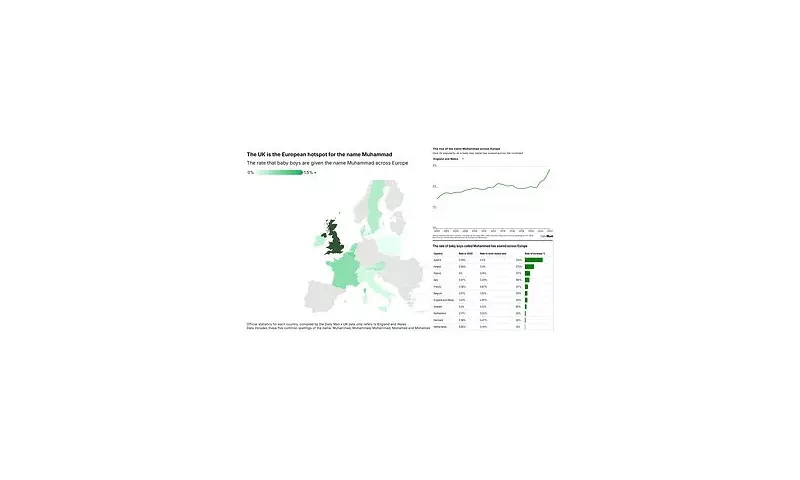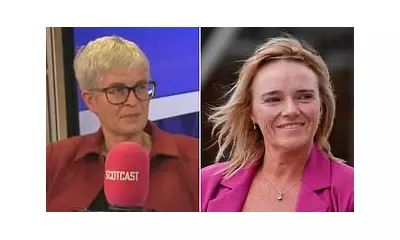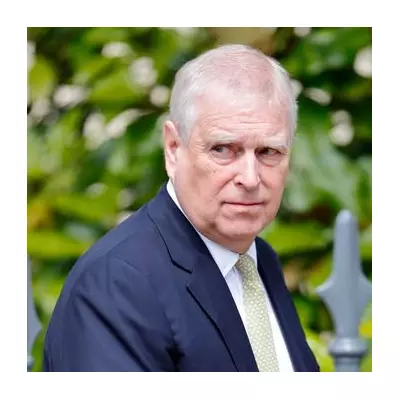
A profound demographic shift is unfolding across Europe, as revealed by the latest data on baby naming trends. The name Muhammad, along with its myriad alternative spellings, is experiencing a meteoric rise in popularity, now ranking among the most chosen names for newborn boys in several major nations.
In England and Wales, the collective usage of names derived from Muhammad propelled it to an astonishing 6th place in the official rankings. When the various spellings—including Mohammad, Mohammed, and Muhammed—are tallied together, the name convincingly outperforms traditional British favourites, signalling a notable evolution in the cultural landscape.
A Capital Phenomenon
The trend is even more pronounced in major urban centres. In the vibrant, multicultural heart of London, the name Muhammad (and its variations) clinched the top spot as the single most popular name for baby boys. This pattern is echoed in other European capitals, with Brussels and Amsterdam also seeing Muhammad secure the number one position.
The Continental Picture
This is not an isolated British phenomenon. The analysis, which scrutinised data from across the continent, found similar surges in other European countries:
- Austria: The name Mohamed entered the top 10 list for the first time in recorded history.
- Denmark: Muhammad appears in the top 50 most popular boy's names.
- Ireland: The name has seen a significant and steady increase in usage over the past decade.
The study attributes this widespread trend not to a sudden spike in births, but to a gradual and consistent increase in the name's usage over many years, reflecting deeper societal and demographic changes.
Spelling Variations and Cultural Integration
One of the fascinating aspects of this trend is the diversity in spelling. The name's popularity isn't confined to one single version. Parents are choosing from a spectrum of spellings like Ahmad, Ahmed, and Hamza, all of which are linguistically and culturally connected to Muhammad. This suggests a nuanced process of cultural integration, where a name retains its profound religious and cultural significance while adapting to different European languages and contexts.
This rise underscores the evolving, multicultural fabric of modern European societies, where diverse heritages are increasingly woven into the mainstream, starting with the very names given to the newest generation.





